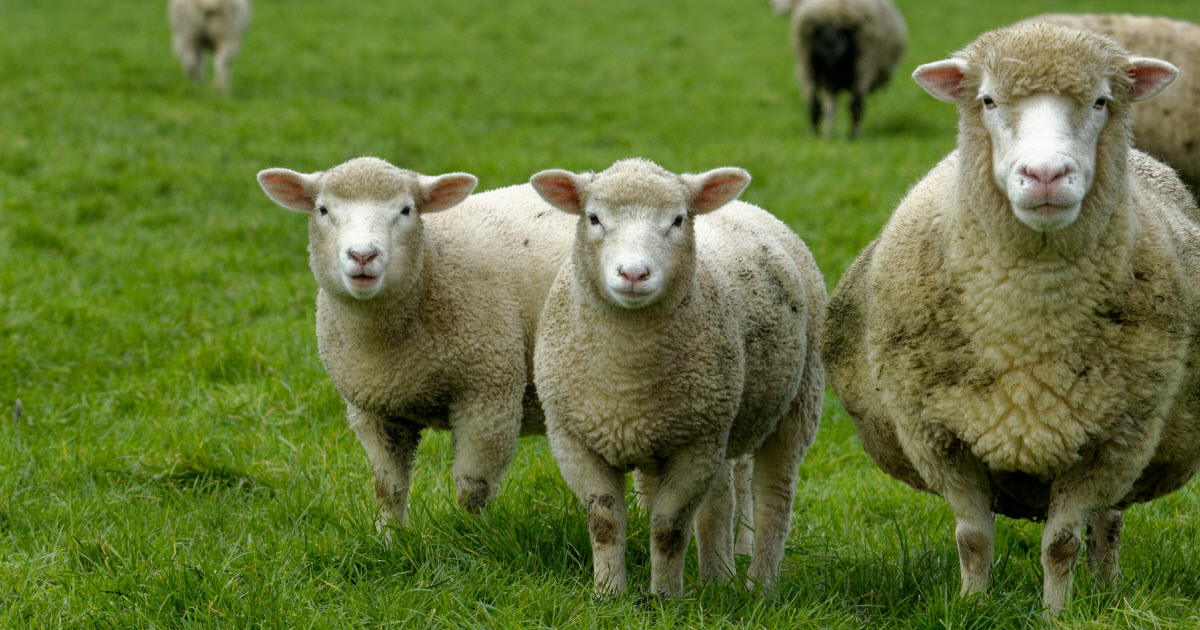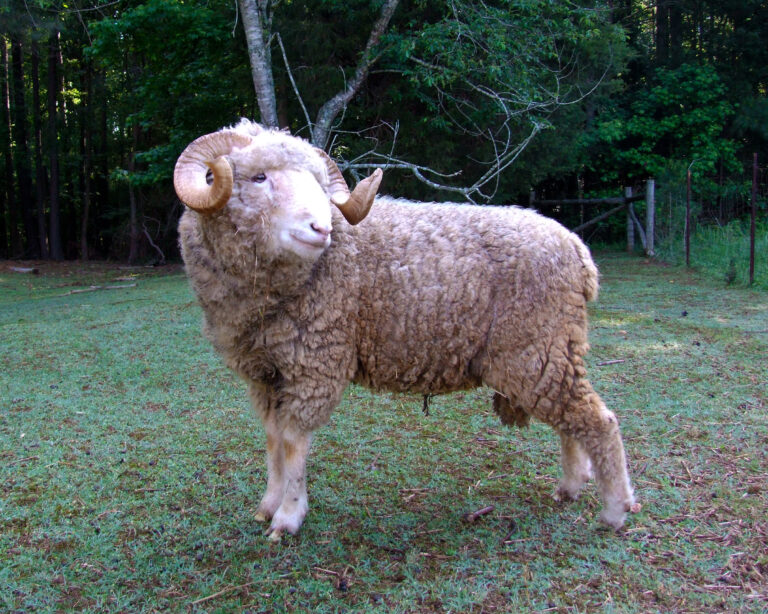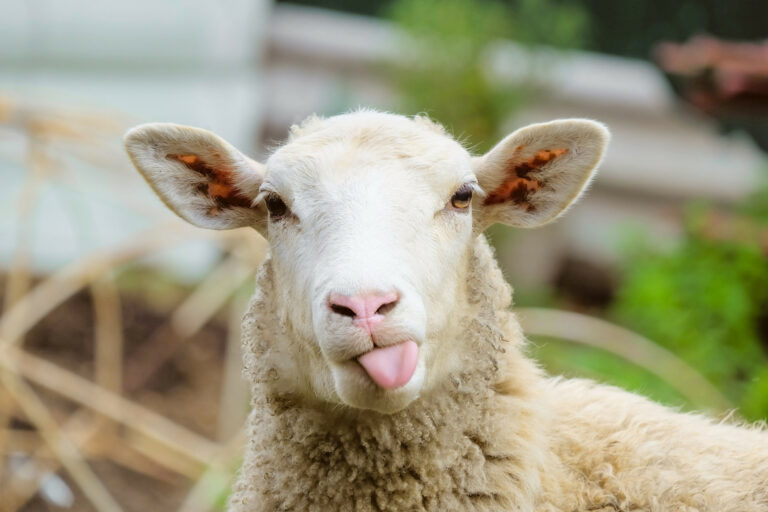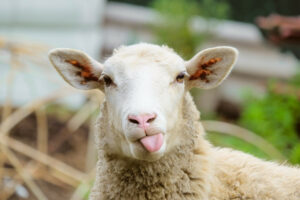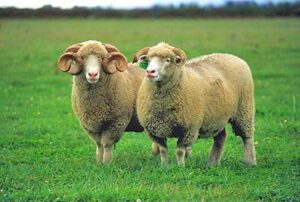Dorset sheep, whether of the Horn or Poll variety, possess a set of unique characteristics that distinguish them from other sheep breeds. These distinctive traits have made Dorset sheep a preferred choice among shepherds, farmers, and enthusiasts alike. In this article, we’ll delve into the exceptional qualities that define Dorset Horn and Dorset Poll sheep.
Polled vs. Horned
One of the most visible distinctions between Dorset Horn and Dorset Poll sheep is their headgear. Dorset Horn sheep, as the name implies, develop curved, elegantly twisted horns on both rams and ewes. These striking horns add a unique aesthetic to the breed. In contrast, Dorset Poll sheep are naturally polled, meaning they do not grow horns. This trait simplifies handling, reduces the risk of injuries, and is often preferred by farmers for safety reasons.
Year-Round Breeding Capability
Dorset sheep possess a remarkable reproductive cycle known as “seasonal polyestrous,” which allows them to breed and lamb year-round. Unlike many other sheep breeds that have a specific breeding season, Dorset sheep can conceive at any time of the year. This adaptability offers significant advantages to farmers who wish to stagger lamb production or maximize flock productivity.
High Prolificacy
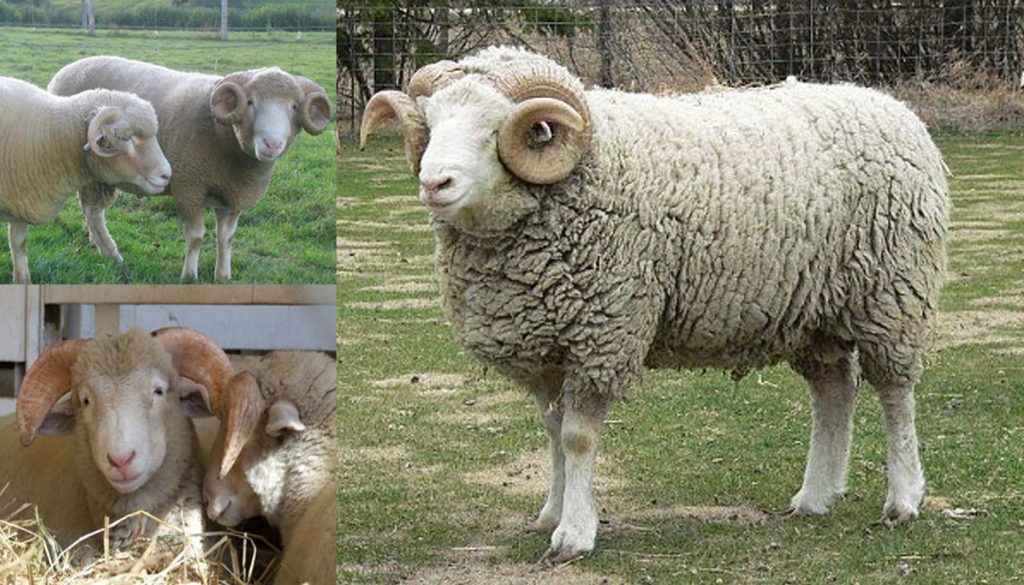
Dorset sheep are renowned for their prolificacy. Ewes typically exhibit a higher lambing percentage compared to many other breeds. This inherent prolific breeding nature translates into larger lamb crops, making Dorset sheep a favored choice for those seeking increased lamb production.
Exceptional Meat Quality
Both Dorset Horn and Dorset Poll sheep are esteemed for the quality of their meat. Their well-marbled, tender meat is highly sought after by consumers and chefs alike. The breed’s ability to consistently produce high-quality, flavorful lamb makes it a valuable asset for sheep farmers aiming to supply top-grade meat to the market.
Hardy and Adaptable
Dorset sheep are known for their hardiness and adaptability to various climates and environmental conditions. They can thrive in both hot and cold climates, making them suitable for diverse geographical regions. This hardiness and resilience to challenging conditions contribute to their popularity among farmers.
Docile Temperament
Dorset sheep are generally characterized by their calm and docile temperament. Their mild disposition is often considered an advantage, especially for shepherds who value ease of handling and management. This temperament makes them an excellent choice for both experienced shepherds and newcomers to sheep farming.
Wool Production
While Dorset sheep are primarily valued for their meat quality, they also produce fine-quality wool. Although not as prolific in wool production as some specialized wool breeds, their wool is still appreciated by artisans and crafters for its softness and versatility.
Conclusion
Dorset Horn and Dorset Poll sheep exhibit a unique set of characteristics that distinguish them in the realm of sheep farming. From their distinctive headgear to their year-round breeding capabilities, high prolificacy, and exceptional meat quality, Dorset sheep have rightfully earned their place among the most versatile and sought-after breeds. Whether you’re a seasoned shepherd or a novice to sheep farming, these unique qualities make Dorset sheep a breed well worth considering for your flock, offering both practical benefits and the opportunity to contribute to the preservation of a remarkable breed.
